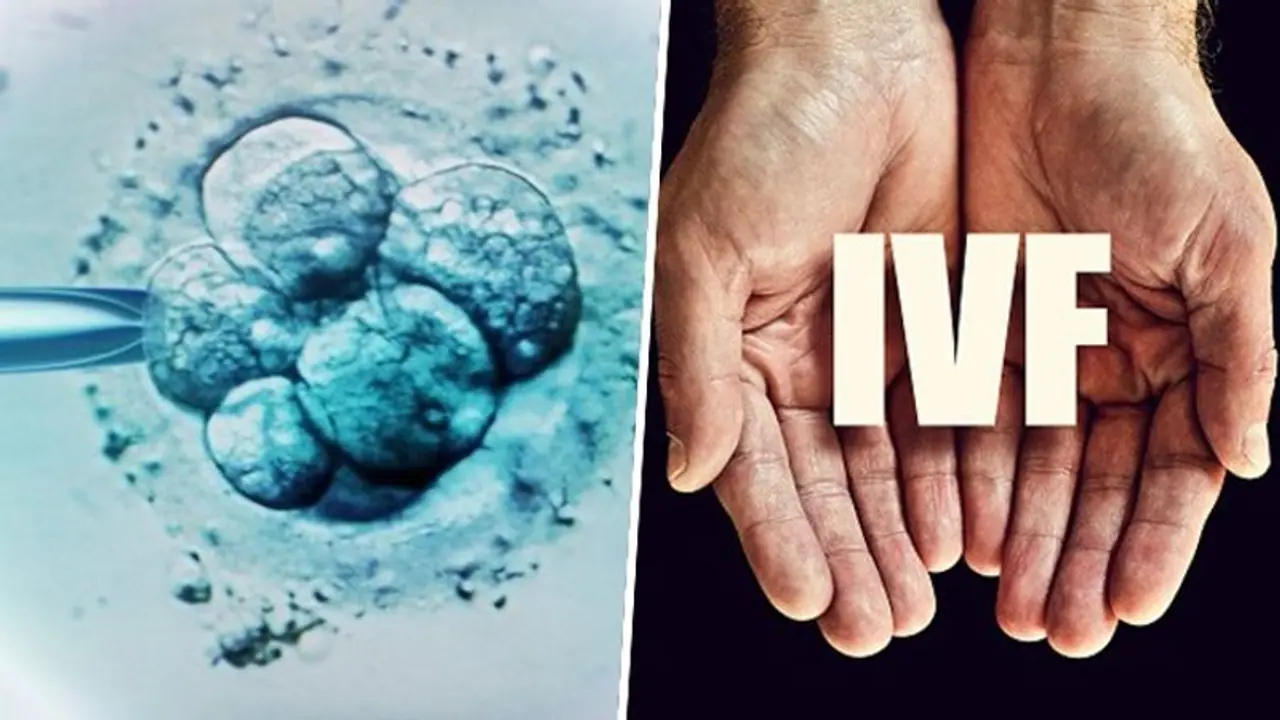A variety of factors impact the outcome of IVF therapy, including age and reproductive health issues, lifestyle choices, emotional well-being, genetics, and the quality of the fertility clinic and treatment procedures.

In vitro fertilization (IVF) stands as a beacon of hope for individuals and couples facing infertility. However, the journey towards parenthood through IVF is intricate and influenced by numerous factors that can significantly impact its success. Understanding these multifaceted elements is vital for patients and healthcare providers to navigate the IVF process effectively.
1. Age: The Fundamental Influence on Fertility
Age is undeniably one of the most critical factors affecting the success of IVF treatment. Fertility declines as individuals age due to various physiological changes, including diminished ovarian reserve and decreased egg quality. Consequently, younger individuals generally experience higher success rates with IVF treatments, highlighting the importance of timely intervention. For both male and female it is detrimental the increase in age and medical conditions like diabetes , thyroid etc in both men and women affect fertility.
2. Reproductive Health Conditions: Understanding the Challenges
Underlying reproductive health conditions such as polycystic ovary syndrome (PCOS), endometriosis, and male factor infertility can pose significant challenges to IVF success. However, with appropriate medical interventions tailored to address these conditions, the odds of success can be improved, offering renewed hope to couples grappling with infertility.
Also Read: 7 ways how morning meditation can help you

3. Lifestyle Factors: Cultivating Fertility-Friendly Habits
Lifestyle choices play a pivotal role in shaping IVF outcomes. Habits such as smoking, excessive alcohol consumption, and a sedentary lifestyle can negatively affect fertility and diminish the chances of successful IVF. Conversely, adopting a healthy lifestyle characterized by a nutritious diet, regular exercise, and stress management techniques can positively influence fertility outcomes, enhancing the prospects of a successful IVF journey.
4. Emotional Well-being: Nurturing Mental Health Throughout the Journey
The emotional toll associated with fertility treatments cannot be understated. Stress, anxiety, and depression can adversely affect hormonal balance and reproductive function, potentially impacting treatment outcomes. Thus, prioritizing emotional well-being and accessing support resources such as counselling services and support groups are essential to a successful IVF journey.
Also Read: Weight management to blood sugar regulation: 7 health benefits of eating Avocados

5. Genetic Factors: Optimizing Embryo Selection with Preimplantation Genetic Testing (PGT)
Genetic factors also play a crucial role in IVF success. Preimplantation genetic testing (PGT) may be recommended in certain cases to identify chromosomal abnormalities and select embryos with the highest potential for implantation. By optimizing embryo selection, PGT can enhance the chances of a successful pregnancy and live birth following IVF treatment.
6.Quality of Fertility Clinic and Treatment Protocol
The choice of fertility clinic and treatment protocol can significantly impact IVF success rates. Clinics with experienced reproductive specialists, state-of-the-art facilities, and a track record of successful outcomes are more likely to yield favorable results. Additionally, personalized treatment protocols tailored to individual patient needs can enhance the efficacy of IVF, maximizing the chances of achieving a successful pregnancy.
7. Financial Considerations
Financial considerations represent another significant aspect of the IVF journey. The cost of treatment, medications, and associated procedures can be substantial, posing barriers to access for many individuals. Exploring available financial assistance programs, insurance coverage, and flexible payment options can alleviate some of the financial burdens associated with IVF treatment.

8. Support System and Resources: Building a Foundation of Encouragement
Building a robust support system and accessing resources such as support groups, counseling services, and educational materials can also contribute to IVF success. Peer support and guidance from individuals who have navigated similar challenges can offer invaluable encouragement and insights, fostering resilience and hope throughout the journey.
In conclusion, the success of IVF treatment is influenced by a multitude of factors, ranging from age and reproductive health conditions to lifestyle choices, emotional well-being, genetic factors, and the quality of fertility clinic and treatment protocols. By addressing these factors comprehensively and collaboratively, patients and healthcare providers can optimize IVF outcomes and empower individuals on their path to parenthood.
-Dr Suparna Bhattacharya ,Fertility Consultant at Nova IVF Fertility East, Uttam Kumar Sarani, Kolkata
